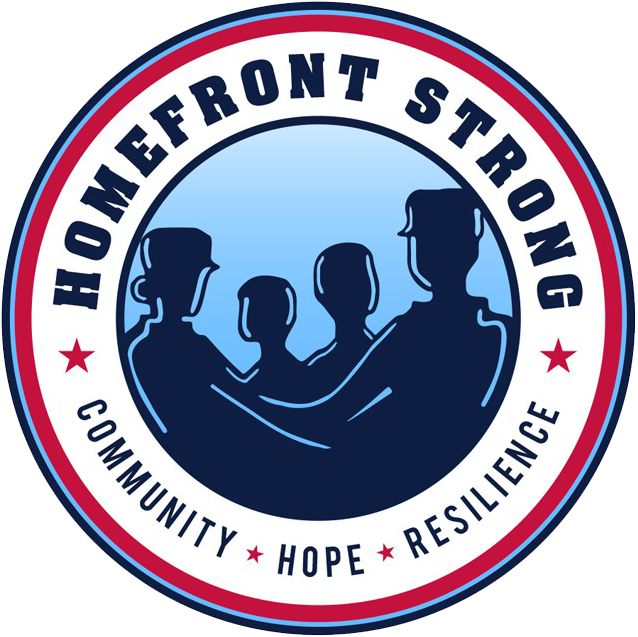Tony Riello says his part of the Veterans Administration is “sort of unknown” and he’s ready to change that.
The Worcester Veterans Center, 255 Park Ave., is devoted to mental health care. It’s all they do, so they’re able to focus — in this case, on reacclimating veterans to civilian life.
Reacclimating can be difficult for a number of reasons, Riello says. It’s hard to feel part of society, especially after being in a tightknit squad in the service. “The bond, the sense of purpose, regardless of your role, gives you an implicit sense of purpose that can go missing outside of the service,” Riello says.
it’s also difficult to see the symptoms of those having trouble — irritability and the feeling that you don’t fit in. And that’s where the Worcester Veterans Center and other resources can help. Riello says the veterans center, the VFW, the American Legion — anywhere there are other veterans — are great places to start. Find someone and “tell them how you feel,” he says. “There are lots of others who feel the same way.”
The feeling of not belonging is not unique to any era, Riello says. Vietnam veterans have some resentment and distrust over the way they were treated when they came home that Iraq and Afghanistan veterans don’t have, but other than that, he’s found the feeling of not being a part of society, of a community, is widespread through the generations.
Riello returned from serving in Kuwait in 2007 and said what helped him was figuring out what he wanted to do in the civilian world. One of the sources of anxiety he sees in the veterans he works with is the lack of direction or inspiration. He feels lucky that he was drawn to social work and even luckier that he gets to work with his fellow vets. He still serves in the Army Reserve, another aspect that his helped his own homecoming. He’ll share his knowledge at the Almost Home workshop Wednesday, Oct. 11, 9 a.m.-2 p.m., at Open Spirit, 39 Edwards St., Framingham. Registration is only $10 and is open now.
Part of Riello’s work is helping his fellow veterans find their own calling, what their purpose is. He says the majority end up doing something different than what they did in the military, but the skills they picked up in the service remain invaluable. “Vets have learned discipline, work ethic, integrity. Most of the vets I work with are very giving, altruistic almost to a fault. Many have leadership training.”
Several veterans have gone on to careers are firefighters, police officers, first responders, he said, but many have started careers in the construction industry, which is a translation of what they learned in the military.
Riello says the Worcester Veterans Center, as part of the VA, helps combat vets, bereaved family members and victims of sexual trauma. “Adjustment is an ongoing thing,” he says, but he and his colleagues are in it for the long haul.

